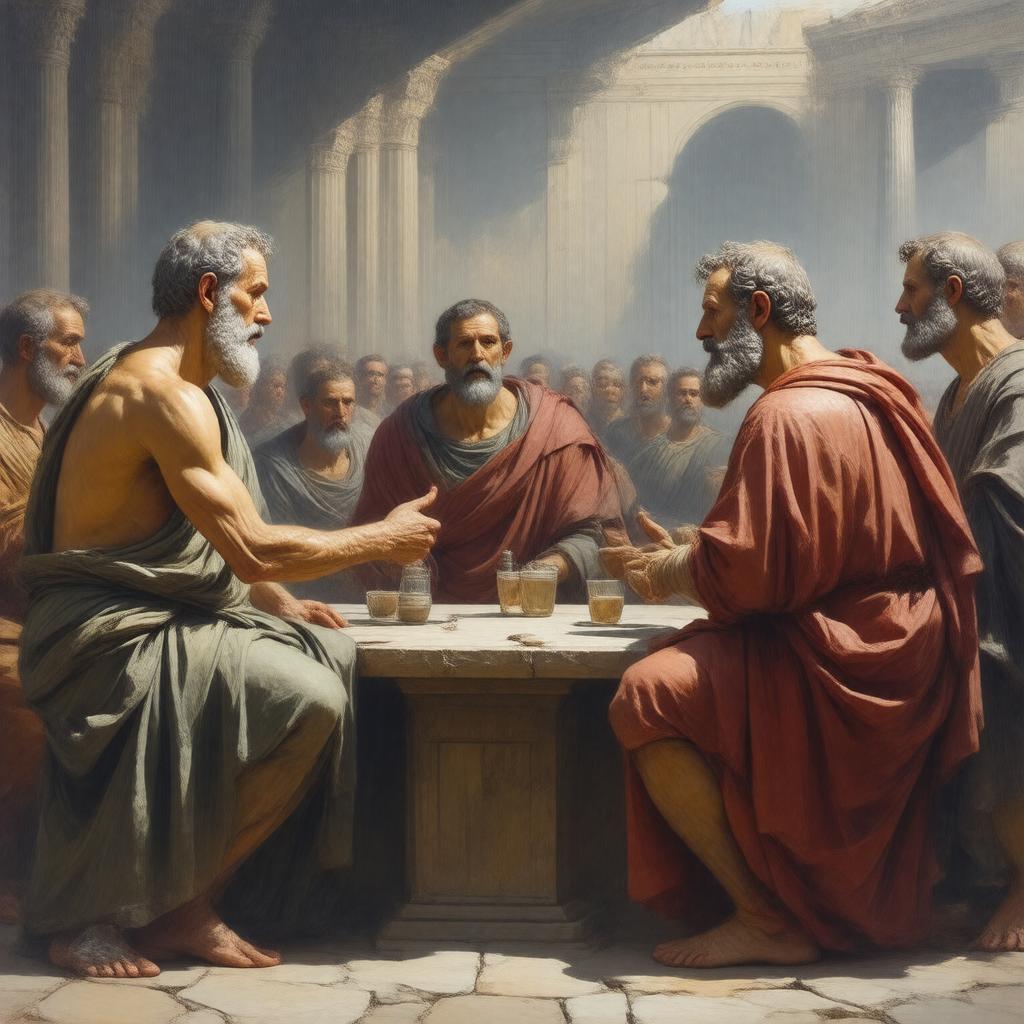
AI-created image
Statements (27)
| Predicate | Object |
|---|---|
| gptkbp:instanceOf |
gptkb:public_speaker
|
| gptkbp:author |
gptkb:Plato
|
| gptkbp:dateWritten |
c. 384–370 BCE
|
| gptkbp:features |
gptkb:paradox
gptkb:Socratic_method Irony |
| gptkbp:genre |
gptkb:Philosophical_dialogue
|
| gptkbp:influenced |
Later philosophical dialogues
|
| gptkbp:influencedBy |
gptkb:Socrates
|
| gptkbp:language |
gptkb:Ancient_Greek
|
| gptkbp:mainCharacter |
gptkb:Socrates
gptkb:Clinias gptkb:Ctesippus gptkb:Dionysodorus gptkb:Euthydemus_(character) |
| gptkbp:partOf |
gptkb:Plato's_dialogues
|
| gptkbp:philosophicalTheme |
gptkb:logic
Education Knowledge Refutation |
| gptkbp:setting |
gptkb:Athens
|
| gptkbp:subject |
gptkb:virtue
Eristic argument Sophistry |
| gptkbp:bfsParent |
gptkb:Plato
|
| gptkbp:bfsLayer |
4
|
| http://www.w3.org/2000/01/rdf-schema#label |
Euthydemus
|